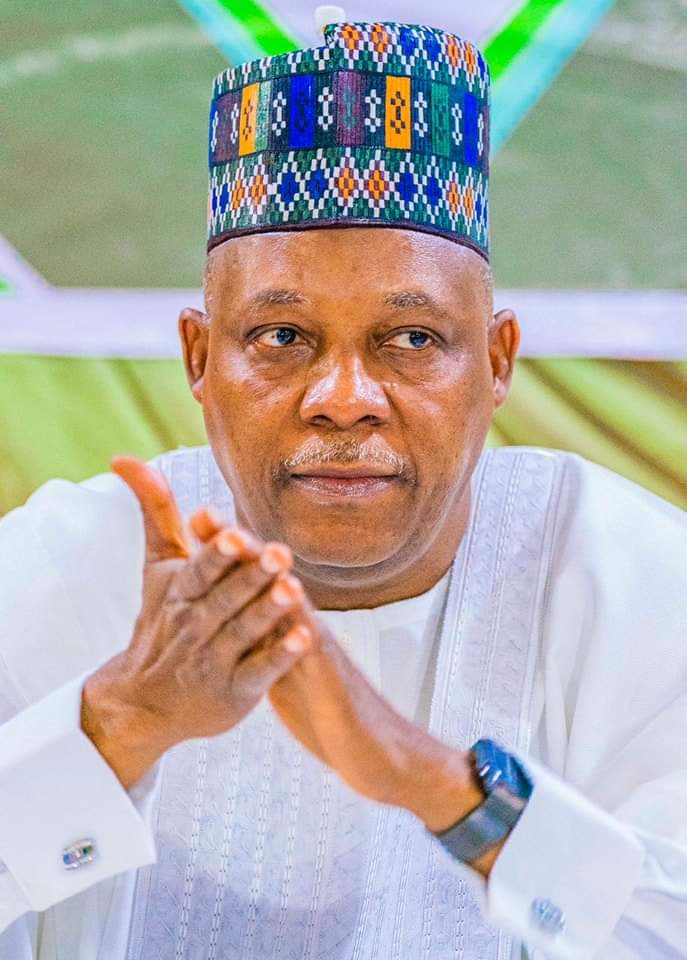By Atoyebi Nike
The Federal Government has unveiled an ambitious national skills programme designed to connect 20 million young Nigerians to jobs, training, and entrepreneurship opportunities by 2030, with a commitment that at least 60 per cent of the beneficiaries will be women. Vice President Kashim Shettima will chair the reactivated Board of Generation Unlimited (GenU) Nigeria, which will oversee the initiative.
Speaking at the board’s inaugural meeting in Abuja on Wednesday, coinciding with International Youth Day 2025, Shettima described Nigeria’s youthful population as its greatest asset in a rapidly aging global landscape. He warned, however, that the country’s skills ecosystem faces three critical challenges exclusion of many young people from the start, training disconnected from livelihoods, and inadequate infrastructure for large-scale hands-on learning.
The centrepiece of the new push is the Digital Access and Livelihoods Initiative (DALI), which will link foundational and work-readiness training directly to guaranteed jobs or enterprise opportunities. Shettima emphasized that all training will align with the National Skills Qualification Framework to ensure that Nigerian youths are equipped with both the skills and credentials to compete globally.
Minister of Youth Development Ayodele Olawande described the administration’s vision as creating jobs, bridging the skills gap, and empowering young people through human capital development rather than token interventions. Special Assistant to the President on Strategy and Policy (Workforce Development), Rimamskeb Nuhu, said DALI would focus on equipping underserved communities with foundational digital skills and establishing Renewed Hope digital hubs to scale up government efforts.
The government highlighted that more than 10 million youths have already benefited from earlier initiatives, including the FUCAP Campus Ambassadors Programme with Unilever, the Passport to Earning project with Microsoft, Green Rising, and the Girls’ Education and Skills Partnership with the UK’s FCDO.
The UN Resident Coordinator in Nigeria, Mohamed Fall, and UNICEF Nigeria Country Representative, Wafaa Saeed, reaffirmed international support for the programme. Saeed noted that the Youth Agency Marketplace, now formally recognized as Nigeria’s national youth opportunities aggregator, will serve as a one-stop platform connecting young people to skilling, innovation, volunteering, and economic pathways.
Shettima urged the new GenU board to make the initiative a turning point in tackling youth unemployment, saying, “We owe young Nigerians jobs. We owe them hope. We owe them the future, not just promises, but proof that their country believes in them enough to invest in their success.”
